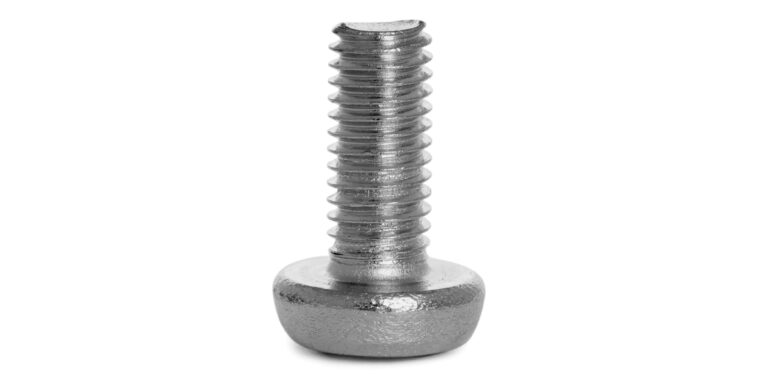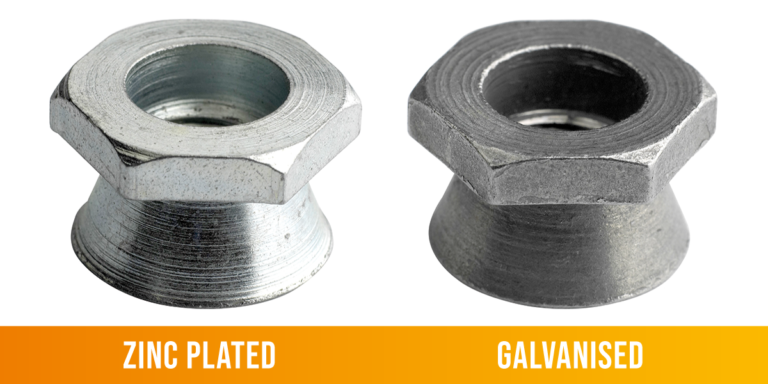Fasteners are small yet crucial components that play a significant role in construction, manufacturing, and everyday household repairs. While they may seem simple to use, many people unknowingly make common mistakes when working with fasteners, which can lead to weak connections, safety hazards, or the need for costly rework. To help you prevent these issues, this article highlights 5 common fastener mistakes you can avoid. By following these tips, you can ensure secure and durable connections, saving time, effort, and resources in the process.
1. Using the Wrong Type of Fastener
One of the most common mistakes is selecting the wrong type of fastener for the job. Each fastener has specific features designed to accommodate different materials, loads, and environmental conditions. Whether you need screws, bolts, nuts, or anchors, it’s essential to consider factors such as material compatibility, load capacity, corrosion resistance, and size requirements. Always consult relevant guidelines, refer to product specifications, or seek expert advice to ensure you choose the appropriate fastener for your specific application.
2. Overlooking Pre-Drilling or Pilot Holes
When fastening materials together, especially wood or metal, pre-drilling or creating pilot holes is essential. Many individuals overlook this step, resulting in cracked or split surfaces. Pre-drilling helps to alleviate stress on the materials and allows the fasteners to penetrate smoothly without causing damage. Be sure to use an appropriately sized drill bit and follow the recommended hole depth and diameter provided by the fastener manufacturer. Taking this extra precaution can help prevent unnecessary repairs and ensure a strong and secure connection.
3. Over or Under-Tightening
Achieving the correct level of tightness is critical for optimal fastener performance. Over-tightening can lead to stripped threads, sheared bolts, or damage to the surrounding materials. On the other hand, under-tightening can result in loose connections, compromising structural integrity. To avoid these issues, use a torque wrench or follow the recommended torque values specified by the fastener manufacturer. It’s crucial to strike the right balance between tightness and not exceeding the fastener’s limitations.
4. Neglecting the Importance of Lubrication
When working with certain types of fasteners, such as screws or bolts, using lubrication can significantly ease the installation process and enhance performance. Lubrication reduces friction, making it easier to turn or drive fasteners and minimising the risk of stripping or damaging the threads. Applying a small amount of lubricant, such as oil or a specialised thread lubricant, can make a substantial difference in the ease and longevity of the connection. Don’t overlook the benefits of lubrication, especially when working with larger or challenging fasteners.
5. Failing to Consider Load Distribution
Another mistake to avoid is neglecting load distribution when fastening materials together. Concentrating all the load or stress on a single fastener can weaken the connection and lead to failure over time. Instead, aim for even load distribution by using multiple fasteners and spacing them appropriately. Consider the weight, tension, and expected forces the fasteners will experience, and plan your fastening strategy accordingly. Distributing the load evenly will enhance the strength and stability of the connection and prevent premature failure.
Conclusion
By being aware of these 5 common mistakes and taking the necessary precautions, you can ensure successful and reliable fastener installations. Selecting the right type of fastener, pre-drilling or using pilot holes, tightening to the correct torque, applying lubrication, and considering load distribution are all vital steps in achieving secure and durable connections. Remember to consult the manufacturer’s guidelines, seek professional advice if needed, and never rush through the fastening process. With attention to detail and a focus on precision, you can avoid these mistakes and ensure your fastened structures or repairs stand the test of time.
Our team of experts are ready to assist you in choosing the most suitable security screws for your specific requirements.
Contact us today on 1800 776 565.
Secure Your Assets with Sentinel Group Security Screws.
Choose Sentinel Group Security & Customised Fastening Solutions.




